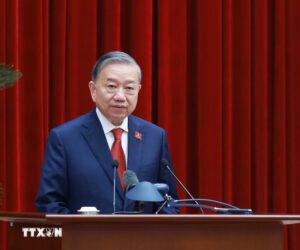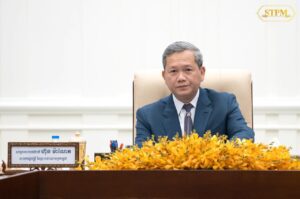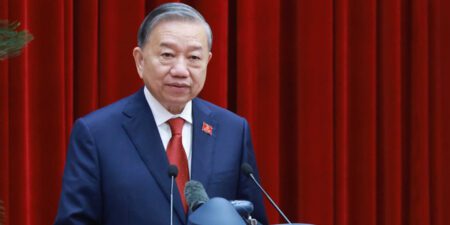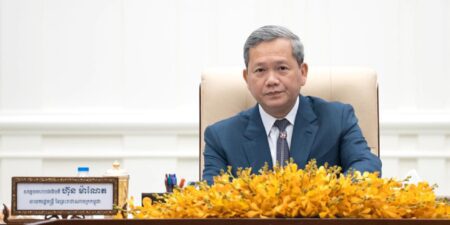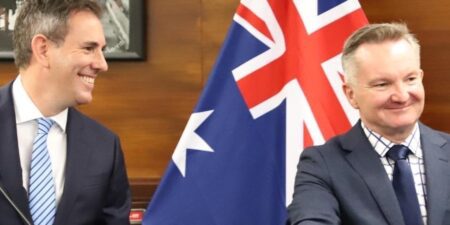
Korea: Tariff Tracker | May 19, 2025
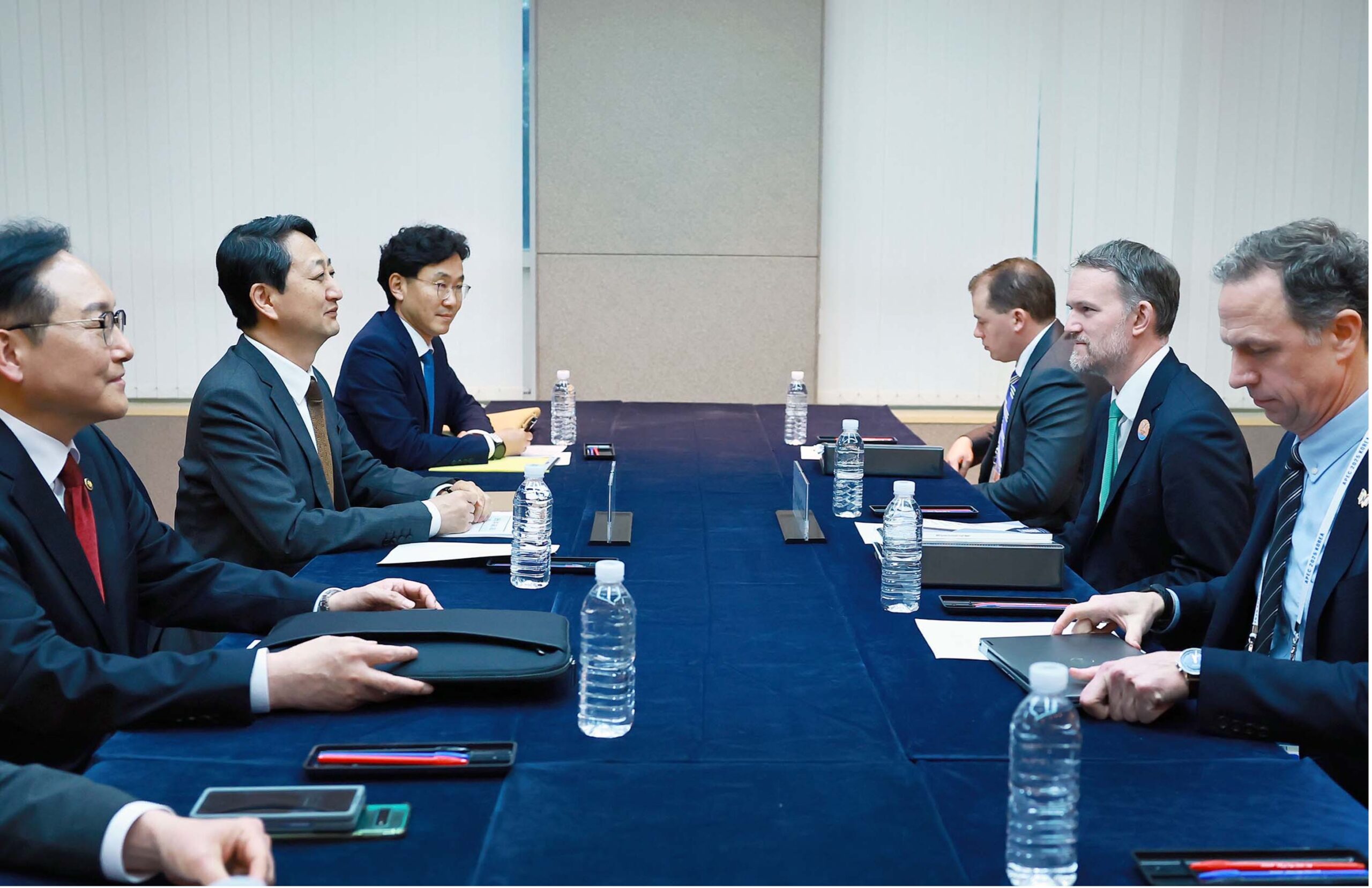
The BGA Korea Team, led by Managing Director B.J. Kim, wrote an update to clients on the trade negotiations between Korea and the United States.
Context
- Korea’s capacity to engage in complex trade negotiations is narrowing as the June 3 presidential election approaches. With the country under a caretaker administration, some stakeholders have called for deferring major decisions — particularly on tariffs — until the next administration takes office, citing concerns about legitimacy and continuity.
- Korea and the United States resumed negotiations in Jeju with fewer than 50 days remaining until the 90-day pause on U.S. tariffs expires on July 8 and three weeks after the April 24 “2+2” high-level economic dialogue in Washington. This recent engagement took place on the sidelines of the Asia-Pacific Economic Cooperation trade ministers’ meeting. U.S. Trade Representative Jamieson Greer arrived in Korea May 14 to launch a series of back-to-back meetings with Korean officials, from working-level sessions to ministerial talks.
Significance
- During the “2+2” strategic dialogue, Korea formally requested exemptions from reciprocal and item-specific tariffs, particularly on semiconductors and automobiles. Both sides agreed to finalize a comprehensive trade agreement by July 8, when the U.S. tariff moratorium on 18 countries is set to expire.
- On May 5, Vice Finance Minister Choi Ji-young met U.S. Treasury Assistant Secretary Robert Kaproth in Milan during the Asian Development Bank’s annual meeting. This marked the first in-person meeting on currency stabilization since the April 2+2 talks. Up until the Milan meeting, both sides had continued behind-the-scenes discussions on currency policy through written exchanges and conference calls.
Implications
- Both sides agreed to begin a second round of technical talks the week of May 19 in Washington, focused on six standardized areas the United States is applying to all negotiating countries: balanced trade, nontariff measures, economic security, digital trade, rules of origin and commercial considerations.
- With less than 50 days remaining until the July 8 deadline, and Washington still formulating specific demands, concerns are rising that a comprehensive package deal may be delayed. If no agreement is reached, the suspended 25 percent reciprocal tariffs could take effect.
We will continue to keep you updated on developments in Korea as they occur. If you have any comments or questions, please contact BGA Korea Managing Director B.J. Kim at bjkim@bowergroupasia.com.
Best regards,
BGA Korea Team

B.J. Kim, PhD
Managing Director
B.J. supports BGA clients on the ground in Korea, advising them on stakeholder engagement and larger government affairs and public policy matters in Seoul. A former Korean diplomat, B.J. has advised international firms on political-economic and policy-regulatory affairs since 2003, offering analytical and advisory services on legislative, regulatory and political issues. He also has offered companies hands-on support in their engagement in Korea. Prior to his career in consulting, B.J. was a diplomat serving two of Korea’s trade ministers as policy counselor and special assistant, developing international economic policies and public communications strategies on export and investment promotion and working ... Read More
×



















